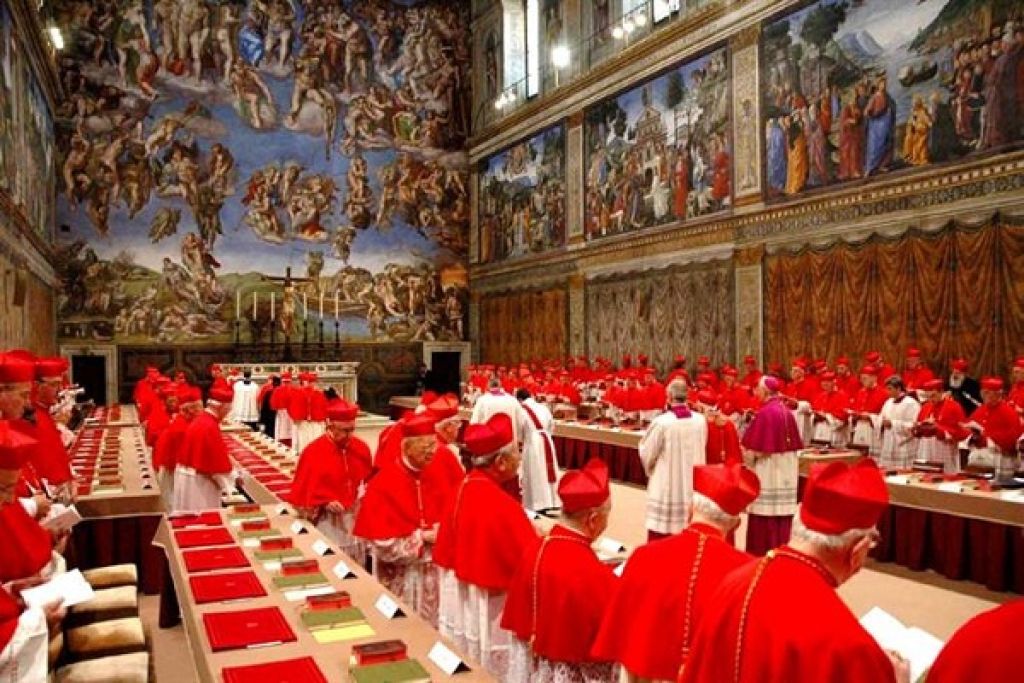NEW YORK (Reuters) – A growing percentage of Americans see climate change as an “imminent” threat driven mainly by human activity, and more than two-thirds want Washington to work with other nations to combat it, according to a Reuters/Ipsos poll released on Thursday.
FILE PHOTO: Vapor is released into the sky at a refinery in Wilmington, California March 24, 2012. REUTERS/Bret Hartman
The public concern over global warming in the United States clashes with President Donald Trump’s policies aimed at maximizing fossil fuels production and dismantling climate protections he views as too onerous and costly for industry.
Trump last year announced his intention to withdraw the United States from the Paris Agreement, an accord to curb global warming struck by nearly 200 nations in 2015 that he said would kill American jobs and have no tangible environmental benefit.
Delegates from over 130 countries are now meeting in the Polish city of Katowice to write a rulebook for the deal and United Nations Secretary-General Antonio Guterres on Wednesday warned failure to reach an agreement would be suicidal.
The Reuters/Ipsos poll, taken from Nov. 29 to Dec. 10, found that 35 percent of U.S. adults now see global warming as an “imminent” threat, up from 32 percent in 2017 and 24 percent in 2015.
More than half, or 57 percent, also think global warming is caused by “human activity” or “mostly human activity”, according to the survey, up from the 47 percent who attributed it to human activity in a similar poll in 2012.
And 69 percent said in the poll that the United States should work with other nations to curb climate change, including 64 percent of Republicans and 80 percent of Democrats. That marks a decline from 72 percent in a similar poll in 2017.
The latest Reuters/Ipsos poll surveyed 4,660 adults in English in the United States and has a credibility interval, a measure of precision, of 2 percentage points.
The survey came close on the heels of a U.S. government report released last month that said climate change will cost the U.S. economy hundreds of billions of dollars by the end of the century, undermining health, infrastructure, and industries from farming to energy production.
Trump rejected the report’s findings, saying “I don’t believe it.” The White House said the report relied on faulty methodology and that the next assessment of the threats posed by climate change would be more transparent and data driven.
The United States has seen a surge in oil and gas output in the past decade, due mainly to advances in drilling technology, and this year became the world’s top producer of petroleum ahead of Saudi Arabia and Russia.
Reporting by Maria Caspani; Editing by Richard Valdmanis and Lisa Shumaker






Leave a Reply